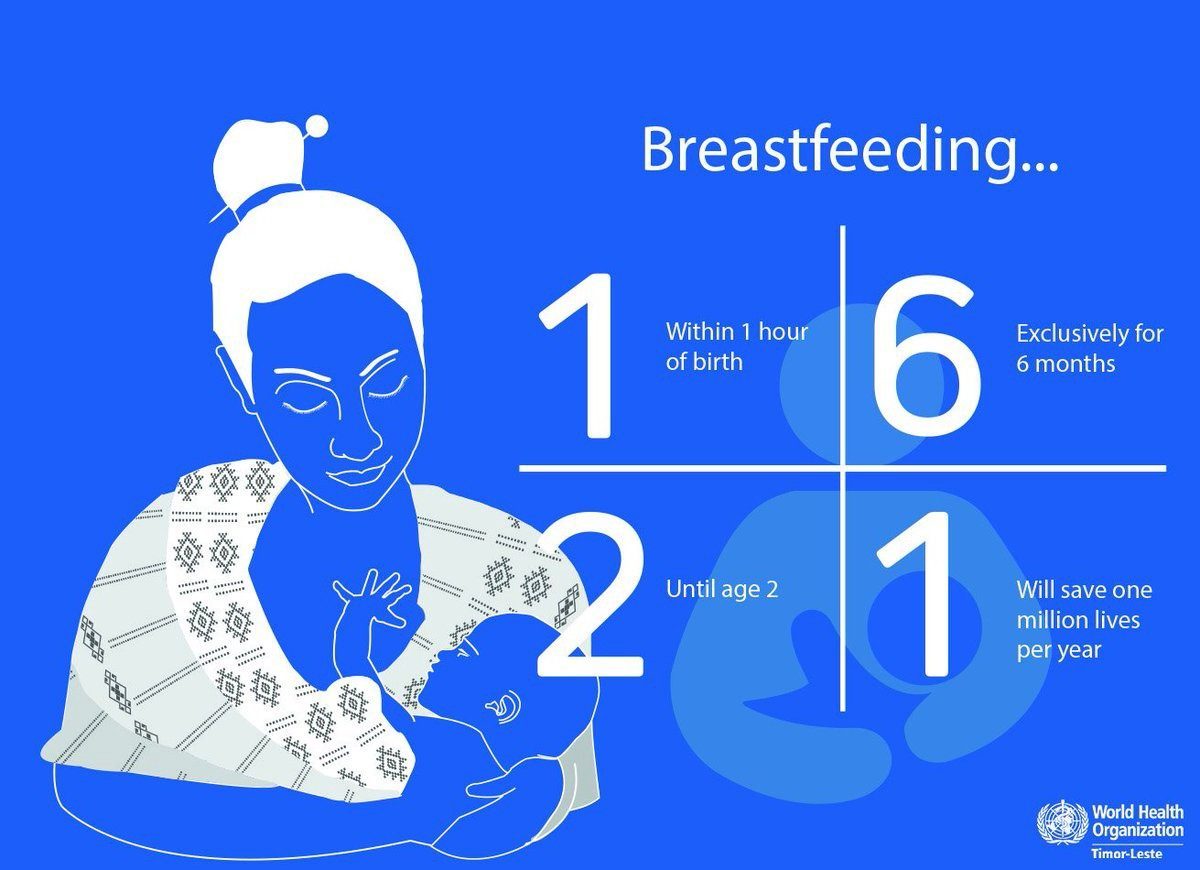by Joannah N Zimbe
Breastfeeding saves nearly a million lives per year by reducing the risk of breast and ovarian cancer, according to World Health Organization. WHO calls on nations to ‘support breastfeeding for a healthier planet and Qatar’s Women’s Wellness and Research Centre steps up.
In support of World Breastfeeding Week 2020, Al Wakra Hospital’s Women’s Wellness and Research Centre (WWRC) is holding breastfeeding virtual training and telephone consultations for pregnant women and mothers of new babies.
The hospital’s activities run from August 11 to 13 during the World Health Organisation’s week-long breastfeeding event. This global initiative aims to promote breastfeeding support services for mothers, ensuring they have the advice and reassurance they need to ‘nourish their babies optimally’ and provide them with the ‘best possible start in life’.
WWRC’s activities have been organised through its ‘Baby Friendly Hospital Initiative’. They’ve seen a team of lactation consultants, breastfeeding resource nurses and patient family educators answer breastfeeding questions from pregnant women and mothers. They have also been working with in-patient mothers to teach skills that will help them exclusively breastfeed for the first six months of their baby’s life.
Dr. Amal Abu Bakr Arbab from the Baby Friendly Hospital Initiative says: “The objective of this year’s World Breastfeeding Week is not only to inform people about the links between breastfeeding and the environment, but also to galvanise action on improving the health of the planet and people through breastfeeding.”

Most breastfeeding images in the media portray an idyllic and simple experience, but this is not always the case. Research has demonstrated that mothers and other caregivers require active support for establishing and sustaining appropriate breastfeeding practices. And, according to a study by Sidra Medicine, lack of information and support by family and workplace prevents mothers from wanting to continue breastfeeding.
According to Dr. Marwa Samir Hamdy, Lactation Specialist at Al Wakra Hospital, a study held in 2015 revealed that just 18 percent of Qatari mothers and 36 percent of expatriate mothers in Qatar exclusively breastfed their babies in the first six months after giving birth. However more recent studies show this is changing as education and support for new mothers takes effect.

Dr. Marwa says: “Babies should be exclusively breastfed during the first six months. It is a natural way of providing young infants with the nutrients, antibodies, enzymes, and substances they need for healthy growth and development.
“Our antenatal clinics encourage and prepare women for breastfeeding, prior to delivery. A doctor examines the mother and if she shows any complications that may hinder breastfeeding, necessary guidance and medicines are provided. The aim is to increase the number of mothers who breastfeed their babies at least during the first six months.”
Many women who need help, advice and coaching don’t always turn to a doctor; support can also come from friends and family who have had their own experiences. The experts at WWRC emphasise that new mothers are never alone with concerns about breastfeeding — there are almost certainly many women who have exactly the same concerns and questions.







